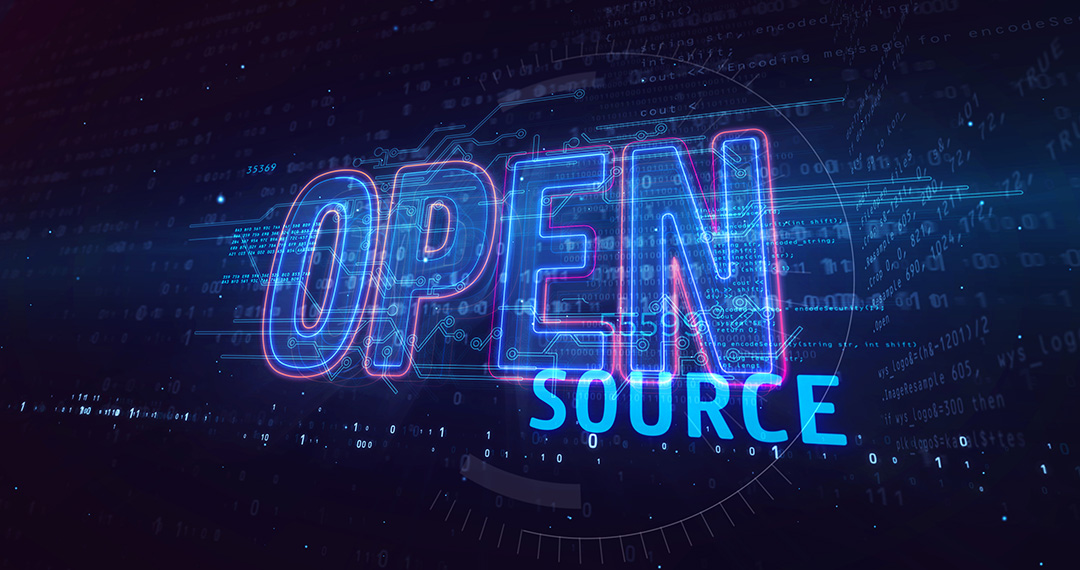In our rapidly evolving digital world, the way we manage and verify our identities is undergoing a fundamental transformation. At the forefront of this change is the concept of Self-Sovereign Identity (SSI), which is set to redefine digital identity management. This exploration delves into the essence of SSI, particularly its open-source variant, and examines why it is poised to be a cornerstone of our digital future.
Understanding Self-Sovereign Identity (SSI)
Self-Sovereign Identity represents a paradigm shift in digital identity management. Unlike traditional models where third-party organizations hold and control individual identity data, SSI places the power back into the hands of the individual. It enables people to own, control, and share their personal information without the need for intermediaries. This approach not only enhances privacy but also reduces the risk of data breaches and misuse.
The Role of Open Source in SSI
Open source plays a pivotal role in the development and adoption of SSI technologies. By its nature, open source promotes transparency, community collaboration, and continuous improvement. These attributes are crucial for building a robust and trustworthy digital identity system.
Transparency and Security
In an open-source SSI system, the underlying code is available for anyone to review, audit, and improve. This transparency is vital for security. It allows experts worldwide to scrutinize the code for vulnerabilities, ensuring that the system is as secure as possible. In a domain as sensitive as identity management, such widespread scrutiny is invaluable.
Community-Driven Development
Open-source SSI benefits from community-driven development. A diverse community of developers, users, and stakeholders contribute to the project, bringing in a wide range of perspectives and expertise. This collaboration leads to more innovative and user-centric solutions.
Adaptability and Interoperability
Open-source projects are known for their adaptability. As new challenges and requirements emerge, the open-source SSI systems can evolve swiftly to meet these changes. Moreover, open-source projects often prioritize interoperability, ensuring that different systems and applications can work seamlessly together, an essential feature for widespread adoption of SSI.
The Advantages of SSI
Empowering Individuals
SSI empowers individuals with direct control over their personal information. They can decide what information to share, with whom, and for how long. This autonomy not only enhances privacy but also fosters a sense of control and dignity.
Reducing Reliance on Central Authorities
By decentralizing identity management, SSI reduces reliance on central authorities. This decentralization not only mitigates risks associated with data breaches at central points but also prevents misuse of power by these centralized entities.
Enhancing Privacy
Privacy is at the heart of SSI. By allowing individuals to share only the necessary information, SSI minimizes data exposure. For instance, instead of sharing a birth certificate to prove age, a person can simply provide a verification that they are over a certain age, without revealing their exact birth date.
Streamlining Verification Processes
SSI can streamline verification processes, saving time and resources for both individuals and organizations. For instance, once an individual’s credentials are verified and stored in their SSI, they don’t need to be re-verified each time they are used.
The Challenges Ahead
Technological Barriers
Despite its potential, SSI faces technological challenges. Developing a user-friendly, secure, and scalable SSI system is complex. There’s also the need for widespread interoperability among various SSI systems, which is a significant undertaking.
Regulatory and Legal Hurdles
SSI operates in a space that intersects with various legal and regulatory frameworks. Navigating these, particularly in areas like data protection and identity verification laws, is challenging.
Adoption and Awareness
For SSI to truly succeed, it needs widespread adoption. This requires not only technological solutions but also efforts to raise awareness and educate both users and organizations about the benefits of SSI.
The Road Ahead: Implementing Open Source SSI
Collaborative Development
The future success of open-source SSI hinges on collaborative development. Encouraging participation from diverse stakeholders, including governments, businesses, and civil society, is crucial.
Building an Ecosystem
Developing an ecosystem around SSI, complete with supportive tools, applications, and services, is essential. This ecosystem should be user-friendly and accessible to encourage adoption.
Policy and Regulation
Engaging with policymakers to develop supportive and clear regulatory frameworks is vital. These frameworks should protect users while encouraging innovation and growth in the SSI space.
Pilot Projects and Use Cases
Implementing pilot projects and highlighting successful use cases can demonstrate the practical benefits of SSI. These examples can range from streamlined online services to enhanced privacy in digital transactions.
Conclusion
Open-source SSI is more than just a new technology; it’s a movement towards a more secure, private, and user-centric digital world. Its promise lies in empowering individuals with control over their identity, fostering innovation through collaboration, and building a more inclusive digital society. While

Leave a Reply